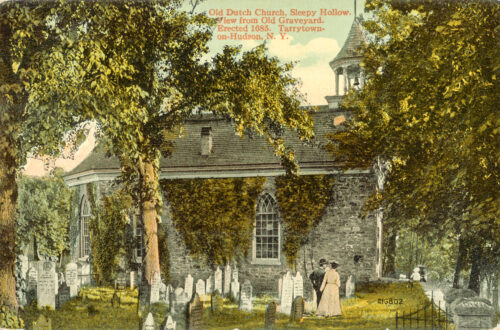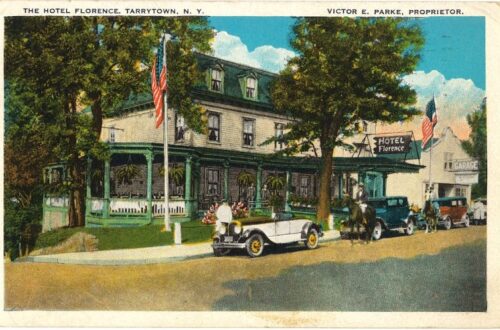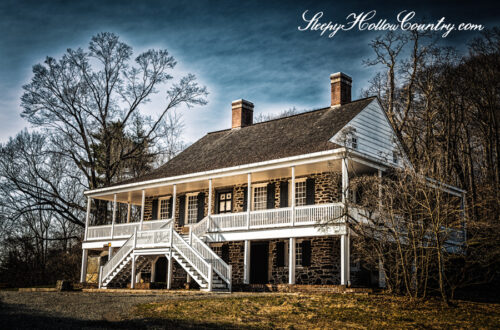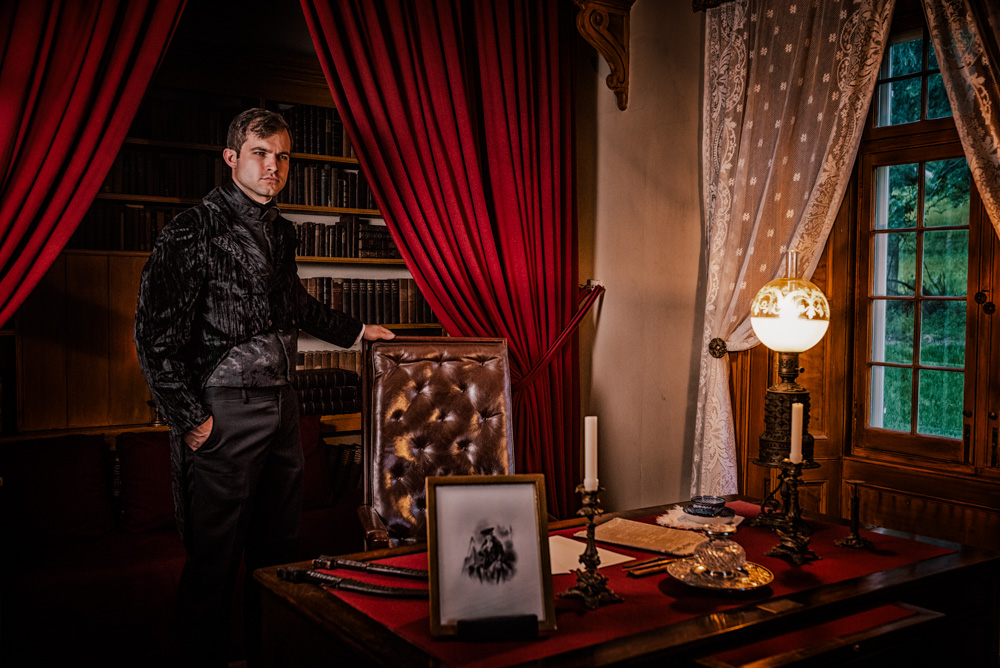
The Man, The Myth, The Legend: Washington Irving. Part 2: A Traveling Literary Lawyer
“To me the Hudson is full of storied associations, connected as it is with some of the happiest portions of my life. Each striking feature brings to mind some early adventure or enjoyment; some favorite companion who shared it with me; some fair object, perchance, of youthful admiration, who, like a star, may have beamed her allotted time and passed away.”
Washington Irving, The Life and Letters of Washington Irving, by his nephew Pierre Irving, 1869.
At the age of fifteen and the end of his education, young Washington Irving did not follow an academic path to Columbia College like some of his brothers. Education was a “drudgery” to Irving, so he veered away (likely at the behest of his father) and joined his brother John as an apprentice at the law office of one Henry Masterton. Two years of work there gained Irving little progress as his inclination was not to be a Lawyer, but it was the only option presented to him.
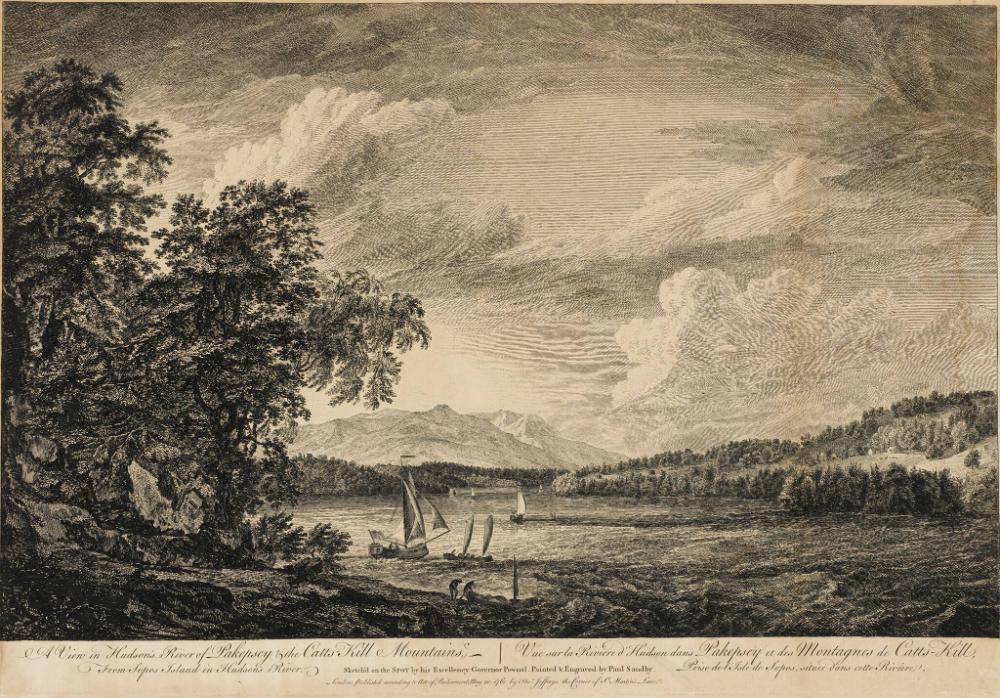
In 1800, Irving took his first voyage up the Hudson River to the deep frontier of New York State at Johnstown to visit his two married sisters Ann and Catherine. Since this was his first foray into the world beyond what he knew “From the moment, therefore, the expedition was mentioned, he thought and dreamt of nothing else.” Under the supervision of a relative, they carefully chose a sloop of reputation under the command of a Dutchman from Albany and disembarked.
“The Kaatskill Mountains had the most witching effect on my boyish imagination. Never shall I forget the effect upon me of the first view of them predominating over a wide extent of country, part wild, woody, and rugged; part softened away into all the graces of cultivation.”
The Life and Letters of Washington Irving, 1869, pg. 39.
Irving’s subsequent trips to his sisters at Johnstown found him fatigued and unwell with a coughing illness that resulted in him being unable to exert himself and causing pain in his chest. He’d been taken to the somewhat nearby Ballston Spas, to take in the waters, where it was thought he would not survive long.
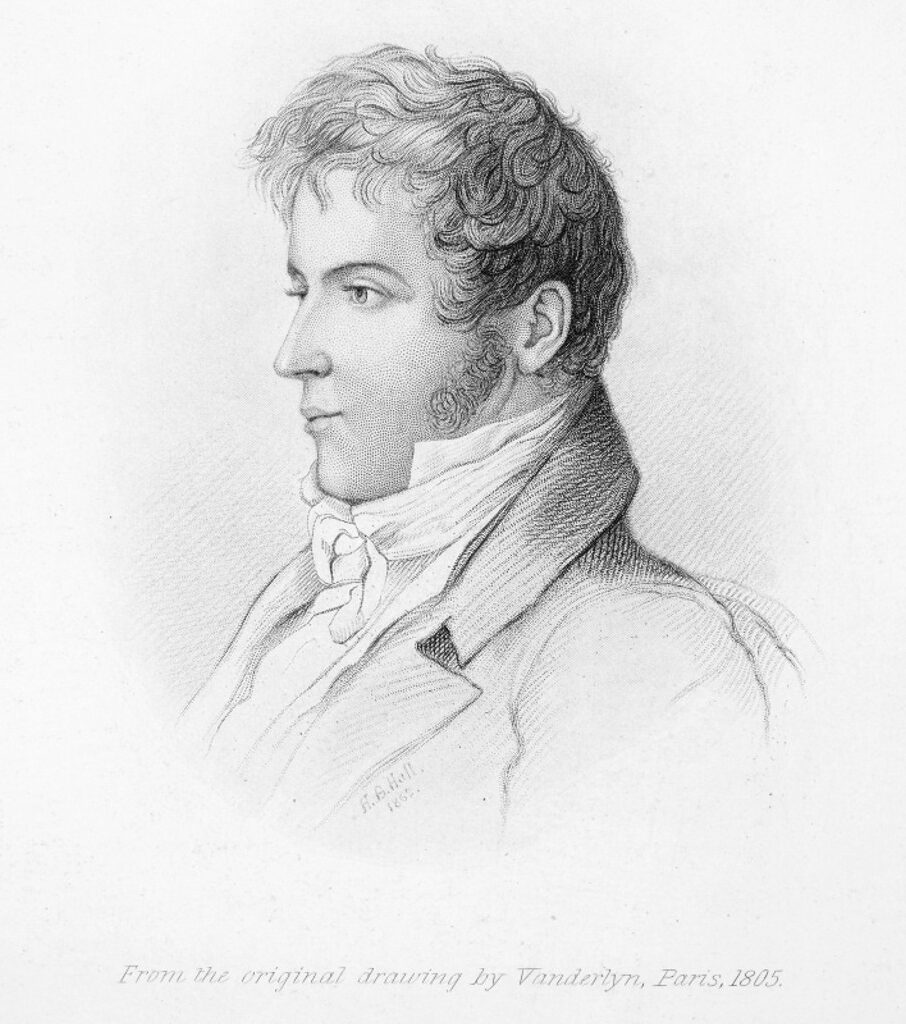
This languishing allowed Irving to spend time writing and resulted upon his return to the city, some of his first literary exploits, under the moniker Johnathan Oldstyle, with a local paper under the command of his brother Peter.
It was also during this time that Irving was also continuing his lawyering career, bouncing between different offices until he landed in the capable hands of Josiah Ogden Hoffman, whose entire family took to the young man and nearly adopted him as their own. He traveled with the family, taking a long trip to Canada via Ogdensburg and James Fenimore Cooper’s Leatherstocking Region of New York.
Upon his return from his adventures upstate, Irving’s health still flagged and his brother, William, Jr. decided it was best to send Washington abroad to take in the sights and antiquities of Europe, as a remedy. Irving left in May of 1804, and visited sights in France, Italy, Greece, Malta, Sicily, and England, returning in March of 1806. His exploits were numerous and rich and should be further examined on their own; another time!
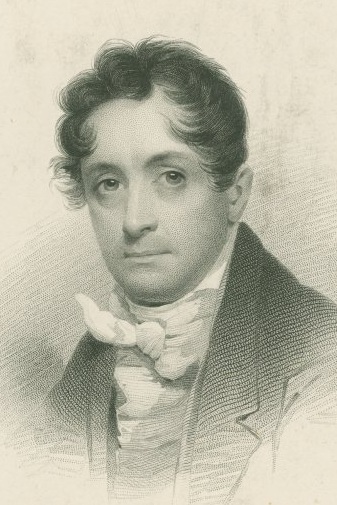
Upon the return to New York, Washington Irving’s social circle was much expanded due to his employer Hoffman, and those he met along his European travels, such as Gouverneur Kemble, and his older friend from childhood, James Kirke Paulding.
The group would avail themselves of an old residence in New Jersey referred to only as Cockloft Hall and described as being “…full of antique furniture, and the walls were adorned with old family portraits.”
On November 21st, 1806 Washington Irving was admitted to the bar and joined his brother John’s law office on Wall Street and still spends much of his time with the Hoffman family. But, as Irving’s confidence in his law career started to wane, his focus on writing satire with his friend James Kirke Paulding began to gain traction—the writings known as Salmagundi had begun to take shape.
“Paulding readily fell in with the idea. They were afterwards joined by Washington’s eldest brother, William, who made up the trio, Launcelot Langstaff, Anthony Evergreen, and William Wizard… the plan of a work which should be mainly characterized by a spirit of fun and sarcastic drollery, and should come out in numbers, and at such intervals as should suit their pleasure and convenience….The work was undertaken purely for their own amusement; to please themselves, and with no expectation of pecuniary profit.”
The Life and Letters of Washington Irving, 1869, pg. 137.
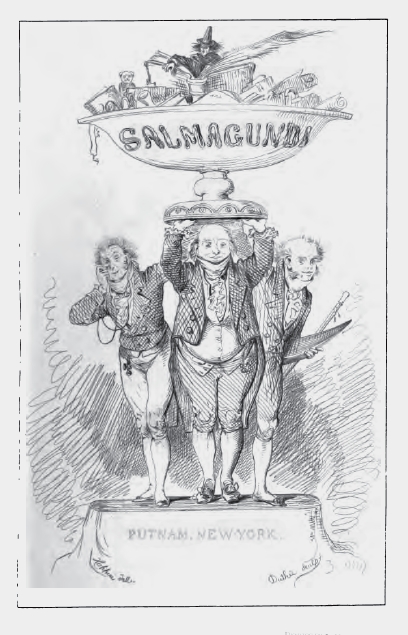
January 24th, 1807 saw the first edition of Salmagundi and it was an immediate success. The identity of those three mysterious writers became the subject of much wonderment and curiosity. They had such bravado to criticize and satirize the society of New York! The “Good-natured villainy” and the “merry mischief” of the subsequent editions at the hands of the authors only continued to gain traction, so much traction that the authors were suddenly aware of the financial implications for themselves from their successful writings.
But, while Irving was finding success with his humorous writings, he was down and out as a lawyer. Instead of practicing seriously, he traveled to Baltimore, Philadelphia, and eventually Virginia; the latter location being chosen because he had been retained to attend the trial of Colonel Aaron Burr. He also attended theater and socialized with those on both sides of the trial, finding them all amusing, polite, and agreeable to be with, particularly the Colonel himself.
A short time after Irving’s return to New York, his father would die after years of illness, and then into the next year, Salmagundi would come to its own abrupt demise. Not long after those deaths, his sister in Johnstown grew ill and passed away suddenly, while Irving was on a trip to Montreal.
“I had the shock of reading an account of my dear sister’s death, and never was a blow struck so near my heart before. Five years have nearly elapsed since I have seen her, and though such an absence might lessen the pang of eternal separation, still it is dreadfully severe. One more heart lies still and cold that ever beat towards me with the warmest affection, for she wa sthe tenderest, best of sisters, and a woman of whom a brother might be proud. To-morrow morning early I set off for Johnstown.
Would to Heaven that I had gone there a month ago…..”
Letter from Washington Irving to Mrs. Hoffman, Albany, June 2nd, 1808.
Once again, this young lawyer was on the road again and his literary career would be put on hold.
Go back and read Part 1: Here
Or Go forth to Part 3! (Coming Soon!)


